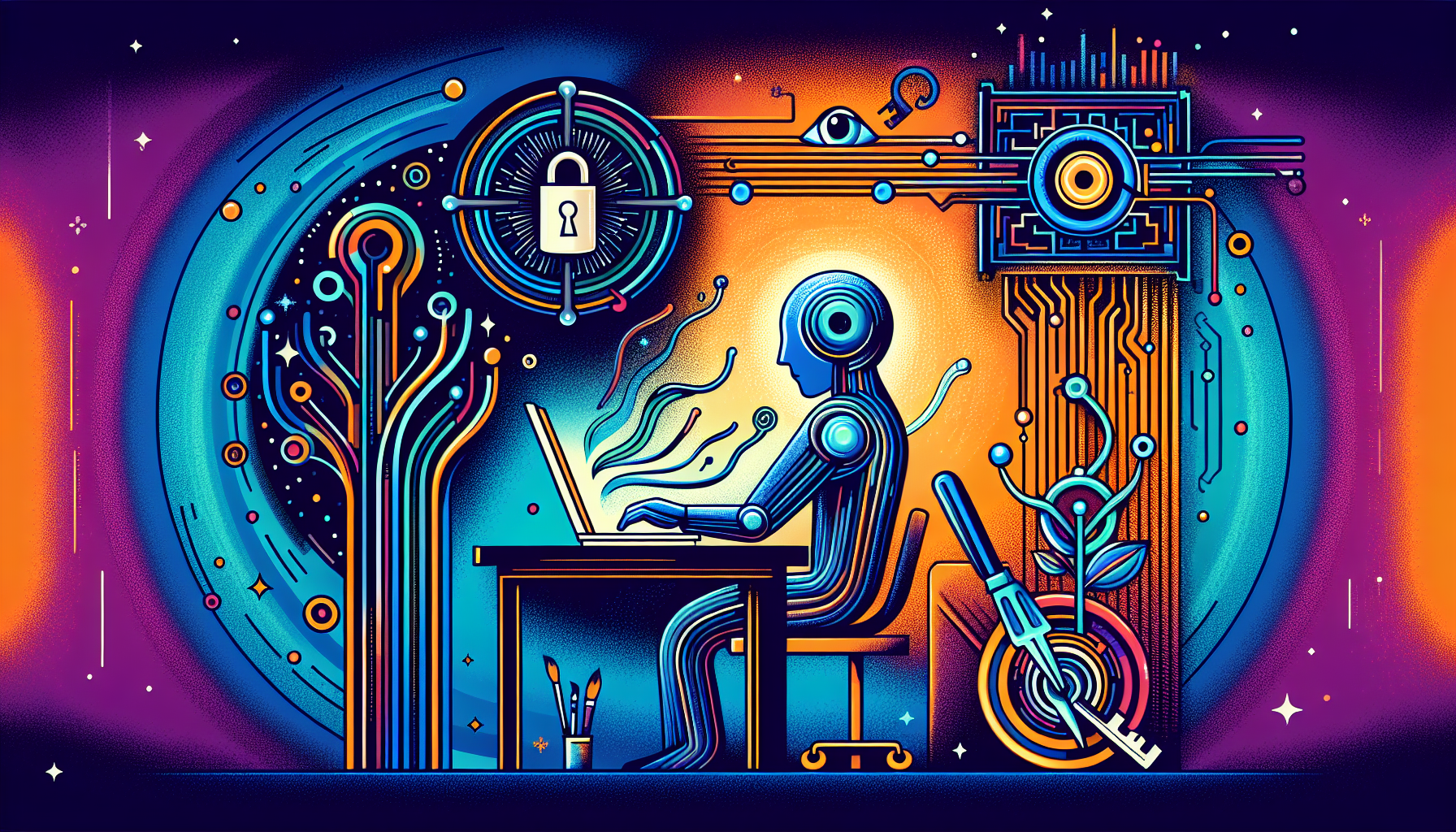Unlocking Creativity: The Advantages of AI Screenwriting
The film and television industries are perpetually on the cusp of technological innovation, constantly incorporating new tools and methods to enhance creative storytelling. Among the latest innovations transforming the landscape of scriptwriting is Artificial Intelligence (AI). AI screenwriting is not just a futuristic concept but a present reality shaping how stories are conceived, developed, and visualized. This evolution brings forth numerous advantages, redefining creativity in screenwriting.
Streamlining the Writing Process
One of the most immediate benefits of AI in screenwriting is its ability to streamline the writing process. AI tools can generate drafts, suggest plot points, and even create dialogue. This can significantly reduce the time writers spend on the mechanical aspects of writing, allowing them more freedom to explore creative ideas. Such tools do not replace the necessity of human creativity but act as assistants, providing a foundation from which writers can build.
Enhanced Creative Suggestions
AI’s capacity to analyze vast amounts of data means it can offer creative suggestions that might not be immediately apparent to human writers. By examining a wide array of genres, themes, and narrative structures, AI can propose unique combinations or insights that enrich the storytelling process. This aspect of AI is invaluable for breaking through writer’s block or for exploring new narrative directions.
Customization and Personalization
AI screenwriting tools can tailor content to specific audience preferences, something that is becoming increasingly important in a saturated entertainment market. By analyzing viewer data, AI can suggest adjustments to a script that would resonate more powerfully with a targeted demographic. This level of customization can enhance viewer engagement and, ultimately, the success of a film or TV show.
Exploring New Genres and Styles
The application of AI in screenwriting also opens the door to exploring new genres and styles with greater ease. AI can help screenwriters understand the nuances of different genres and subgenres by providing examples and suggesting narrative structures that adhere to genre-specific conventions. This can be particularly beneficial for writers looking to branch out into areas they are less familiar with, ensuring they maintain authenticity in their storytelling.
Cost Efficiency
From a production perspective, employing AI in the early stages of script development can lead to significant cost efficiencies. By quickly generating drafts or suggesting revisions, AI can help reduce the time and resources typically required to bring a script to its final form. This not only expedites the development process but also allows for greater experimentation without the fear of escalating costs.
Facilitating Collaborative Workflows
AI screenwriting tools can also facilitate more effective collaborative workflows. By providing a common platform for writers to work on, AI can help maintain consistency in voice and narrative direction, even in projects with multiple contributors. This can be particularly useful in television writing rooms or in film projects where script revisions are frequent and involve a wide range of stakeholders.
The integration of AI into the screenwriting process unlocks a myriad of possibilities for creative storytelling. From streamlining the writing process to exploring new narrative terrains, AI serves as a powerful tool for both established and aspiring screenwriters. While concerns about originality and the role of human creativity in an AI-dominated environment persist, the advantages of AI screenwriting underscore its potential to enhance, rather than diminish, the creative landscape of film and television storytelling.







